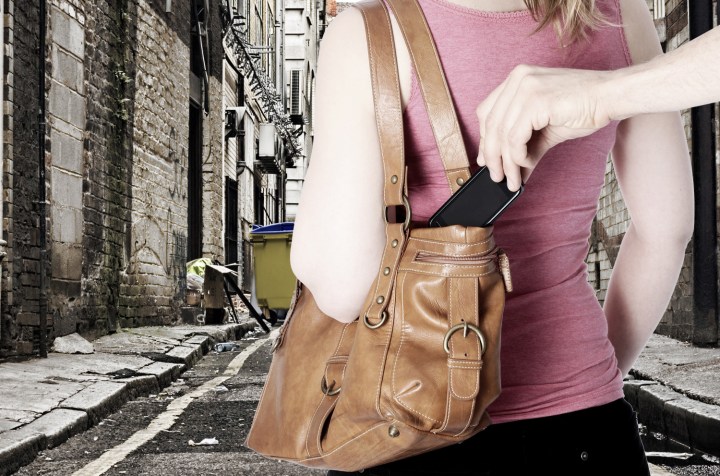
This time last year, it was confirmed that a unified database containing the details of phones stolen in the U.S. had been created. At the time, it was managed by AT&T and T-Mobile, with Sprint and Verizon busily working on their own versions, ready to merge them all together by the end of November 2013. In a press release sent out by the CTIA Wireless Association this week, CEO Steve Largent said, “The global, multi-carrier, common database for LTE smartphones has been finalized,” confirming the deadline has been met, and the database project has been completed.
If you’re wondering how a database can cut down on phone thefts, it works like this: Each 3G and 4G phone has a series of unique numbers attached, and once a stolen phone has been reported to its network, these can be blacklisted and the device can’t be reactivated. One of the keys to making the blacklist effective is for the database to be international, as many stolen phones are shipped to other countries and sold on, and it’s pointless if the databases didn’t always sync up.
Now Verizon and Sprint have joined up with AT&T and T-Mobile, the CTIA’s database has been linked with the GSMA’s primarily European database, creating one big list of stolen phones. More countries are being encouraged to add their own databases to it, with the aim to eventually make it so difficult to activate a stolen phone, that thefts are significantly reduced. It’s still not foolproof though, as several regions, such as China and Russia, aren’t participating yet.
The completed database’s arrival comes a short while after the top networks were accused of blocking plans to introduce a theft-reducing “Kill Switch” from being installed on Samsung devices. Championed by Samsung and San Francisco District Attorney George Gascon, who has been on the warpath regarding phone thefts for some time, the CTIA claimed such a system was at risk from hackers.




